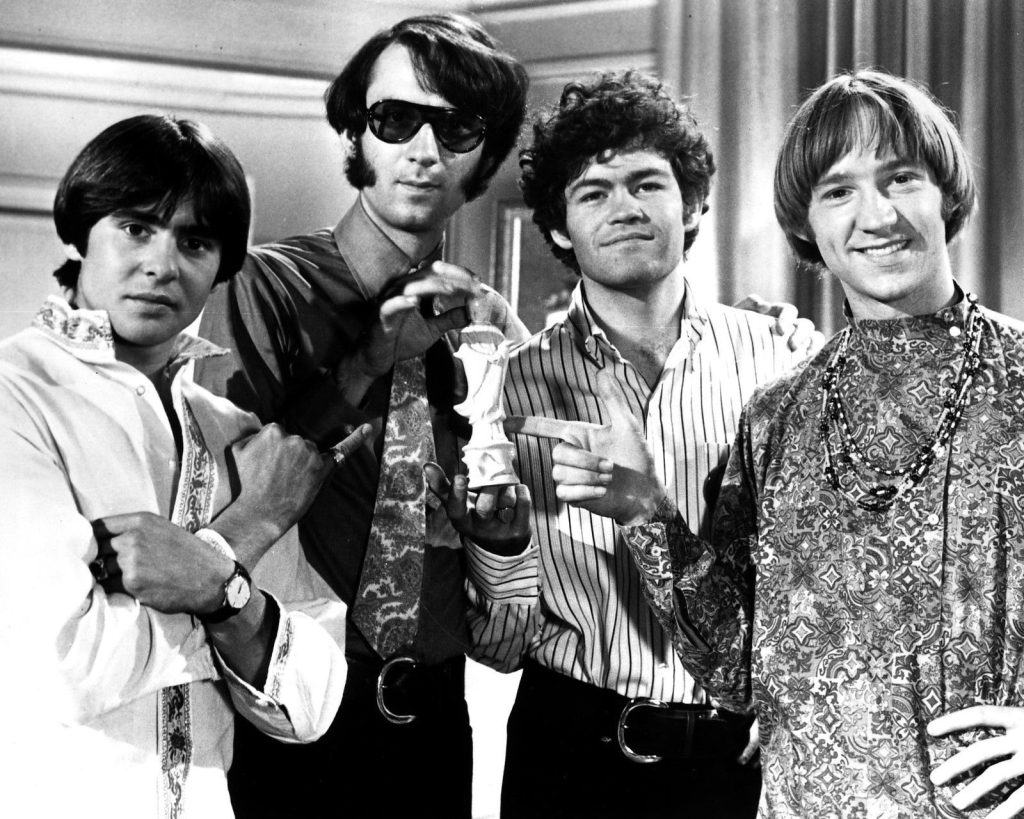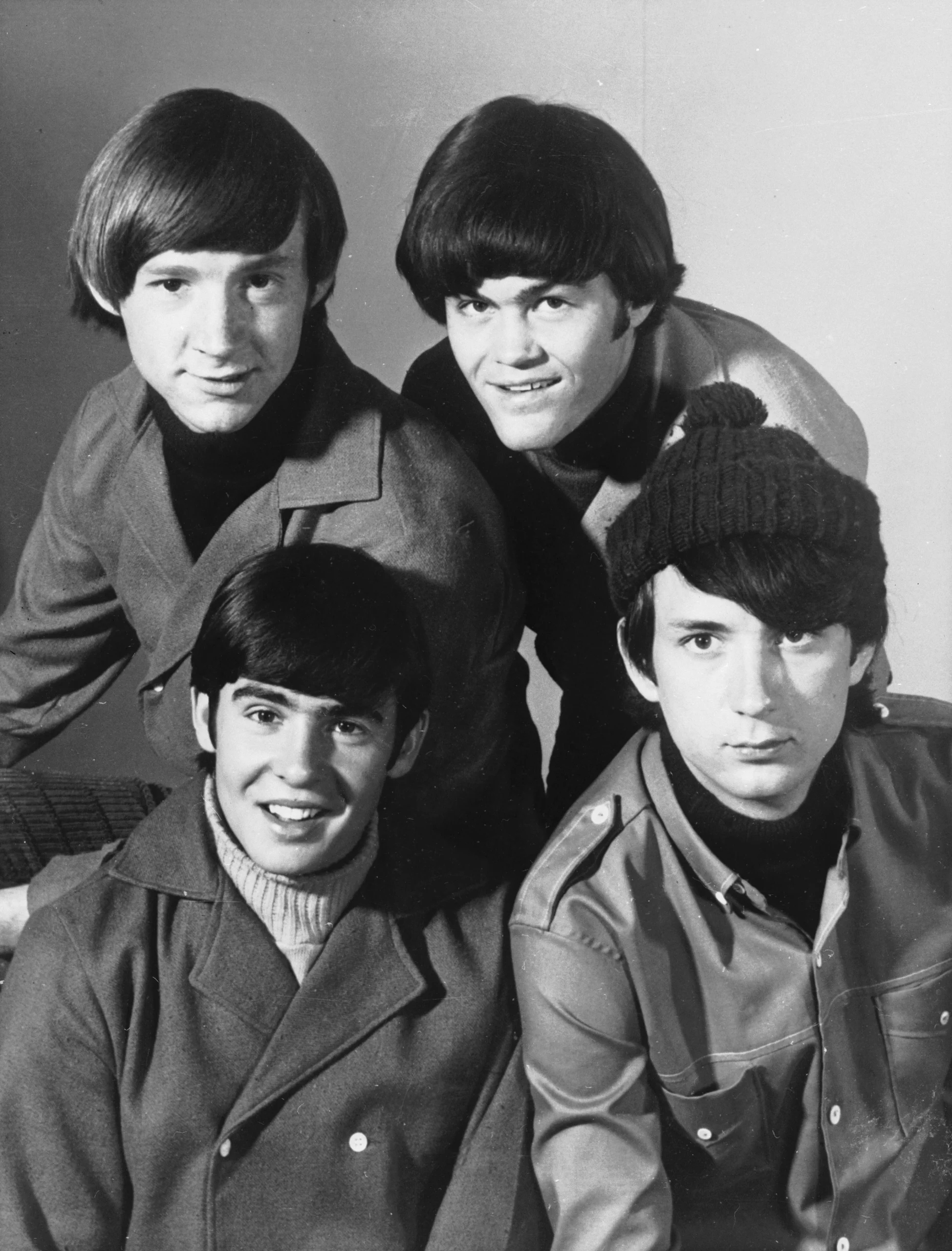
A Melancholic Farewell on the Tracks of Time
In the autumn of 1966, The Monkees burst onto the musical scene with their debut single, “Last Train to Clarksville,” a song that not only cemented their place in pop culture but also captured the spirit and anxieties of a generation standing on the precipice of change. Released in August of that year, this track quickly ascended the charts, reaching the coveted number one spot on the Billboard Hot 100 by November, a testament to its widespread appeal and the timeless quality of its melody and lyrics.
The story behind “Last Train to Clarksville” is as intriguing as its infectious tune. Written by the accomplished duo Tommy Boyce and Bobby Hart, who were instrumental in crafting many of The Monkees’ hits, the song was conceived during a time when America was entrenched in the Vietnam War. While at first glance it might seem like a simple love song about a farewell at a train station, it is laden with deeper meanings and subtle references to the war. The lyrics convey an urgent plea from a soldier to his lover, underscoring themes of longing and uncertainty as he faces an unknown future.
Musically, “Last Train to Clarksville” draws inspiration from The Beatles’ early work, particularly songs like “Paperback Writer,” which is evident in its jangly guitar riffs and harmonious vocal arrangements. This influence is no mere coincidence; The Monkees were often referred to as America’s answer to The Beatles, a label that both helped and hindered their artistic journey. Despite initial skepticism regarding their authenticity as musicians due to their origins as a manufactured band for television, The Monkees quickly proved their mettle with performances that resonated with audiences worldwide.
For many listeners—especially those who lived through the tumultuous 1960s—this song evokes powerful memories of farewells and homecomings, moments tinged with both joy and sadness. Its narrative captures a snapshot of life during a time when many young men were leaving for distant lands, unsure if they would ever return. The line “And I don’t know if I’m ever coming home” is particularly poignant, encapsulating the era’s emotional turmoil and the personal struggles faced by countless individuals.
As we revisit “Last Train to Clarksville” today, it’s impossible not to feel a sense of nostalgia for a bygone era when music served as both an escape and a mirror reflecting societal issues. For older generations, this track may conjure images of old train stations, tearful goodbyes on misty platforms, and cherished moments spent listening to records spinning on vintage turntables. It speaks to a universal human experience—the fleeting nature of time and the enduring power of love amidst uncertainty.
In revisiting this classic hit by The Monkees, we are reminded of music’s incredible ability to transcend time, connecting us to our past while continuing to resonate with new generations. “Last Train to Clarksville” remains not just a song but an evocative piece of history that continues to touch hearts with its haunting melodies and evocative storytelling.
